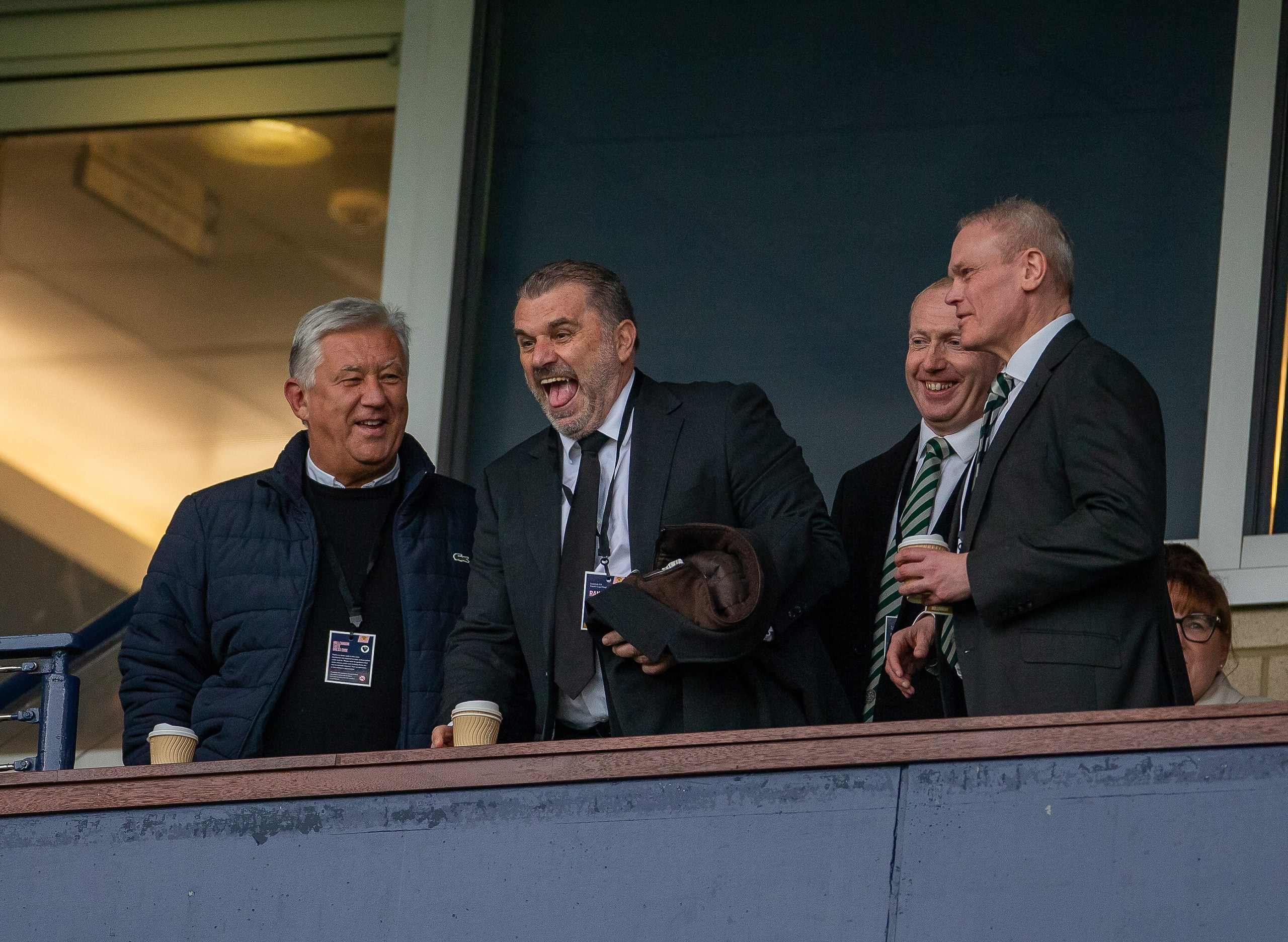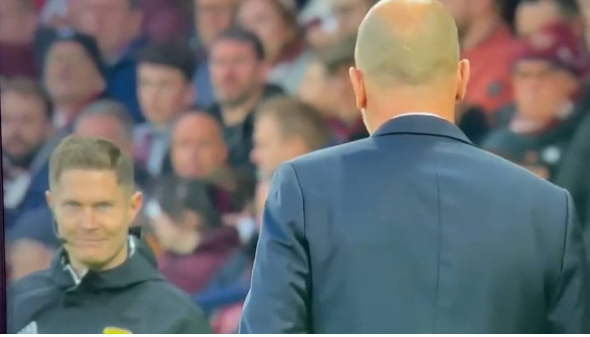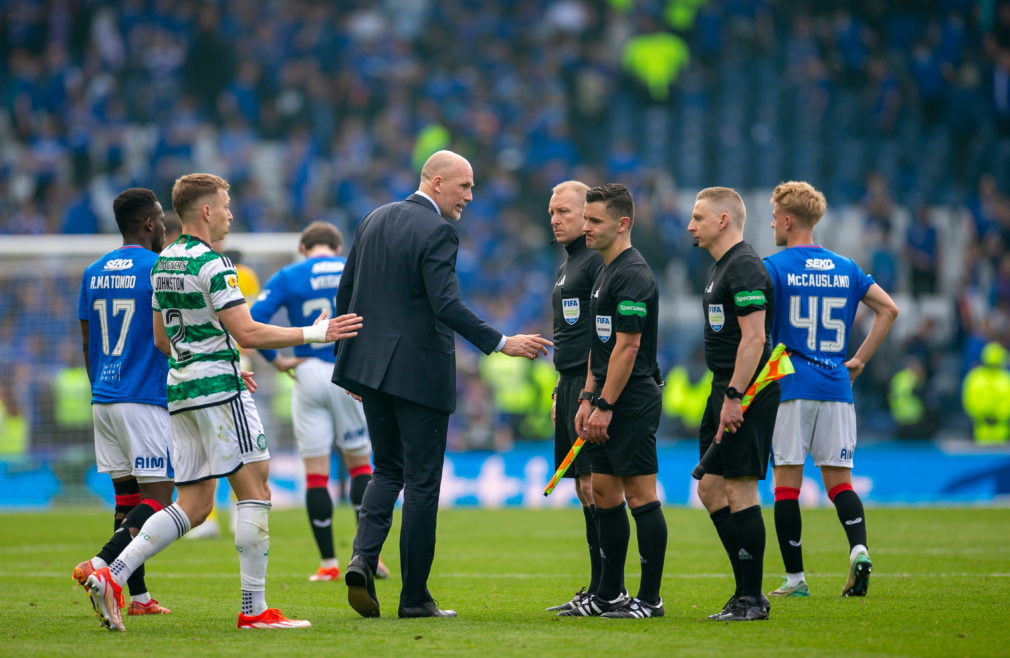Peter Lawwell has claimed that the £72.3m sitting in Celtic’s bank account on 30 June was partly used to fund the club’s summer transfer activities.
That will come as something of a surprise to fans that looked on as the sales of Jota and Carl Starfelt left another healthy profit with seven permanent signings costing less than £20m plus loan deals for Paulo Bernardo and Nat Phillips.
On the back of record breaking turnover and with guaranteed group stage football in the Champions League guaranteed there was an expectation that Celtic would be investing significantly in their squad over the summer.
Bringing in players costing £10m or more was affordable but unlikely but repeats of the £6.5m deals that brought Jota and Cameron Carter-Vickers to the club in the summer of 2022 seemed realistic.
The wisdom of the Jota deal was evident when he was sold a year later with a profit of £14m once Benfica’s initial fee and add-on were deducted from the fee paid by Al Ittihad.
Discussing the 22/23 accounts on the club website, Lawwell explained:
In terms of funding and liquidity, our year-end cash, net of bank borrowings, was £72.3m (2022: £30.2m). The increase this year was principally due to the translation into cash of the strong trading environment and the typically non-recurring items mentioned previously. These reserves were used to fund the summer 2023 transfer window and will be used for settling outstanding sums due from transfers over the last two seasons, which are typically paid in instalments.
Going on that logic the club should still be picking up instalments on the transfers of Odsonne Edouard and Kris Ajer in the summer of 2021.
Lawwell added:
The £34.6m increase in profit before tax resulted from the significant revenue increase outlined above along with a £14.4m gain on sale of player registrations, predominantly from the sales of Jota, Juranovic and Giakoumakis.
On 30 June Jota was a Celtic player.
The arrival of seven permanent signings was virtually covered by the transfer of Jota to Al Ittihad for £25m. With Benfica collecting 30% of that figure was reduced to £17.5m.
Maik Nawrocki was reported to be £4.2m signing from Legia Warsaw with Gustaf Lagerbielke and Luis Palma both widely reported as costing £3.5m each to take spending on those three taking the total to £11.2m.
Korean duo Hyun-Jun Yang and Hyeok-Kyu Kwon came in around £3m with Odin Thiago Holm and Marco Tilio costing around the same amount.
Precise details for each transfer aren’t going to surface but total expenditure appears to be in the region of £17-18m.
With Carl Starfelt sold for £4.5m Brendan Rodgers’ summer signings were self funded leaving the £72.3m money in the bank untouched by transfer activities.
Lawwell claims that building up huge cash reserves was to cushion the club against future seasons in which they might be playing in the Europa League rather than the Champions League.
That sounds very much like preparing for failure, something that the club chairman specialised in as CEO when Maribor, Malmo, Cluj, Ferencvaros and AEK Athens all beat Celtic with vastly smaller budgets.
Recruiting a top level manager and backing his transfer market judgement seems a fairly obvious business strategy but the conservative nature of Lawwell seems set on preparing for rainy days rather than investing to avoid them.







